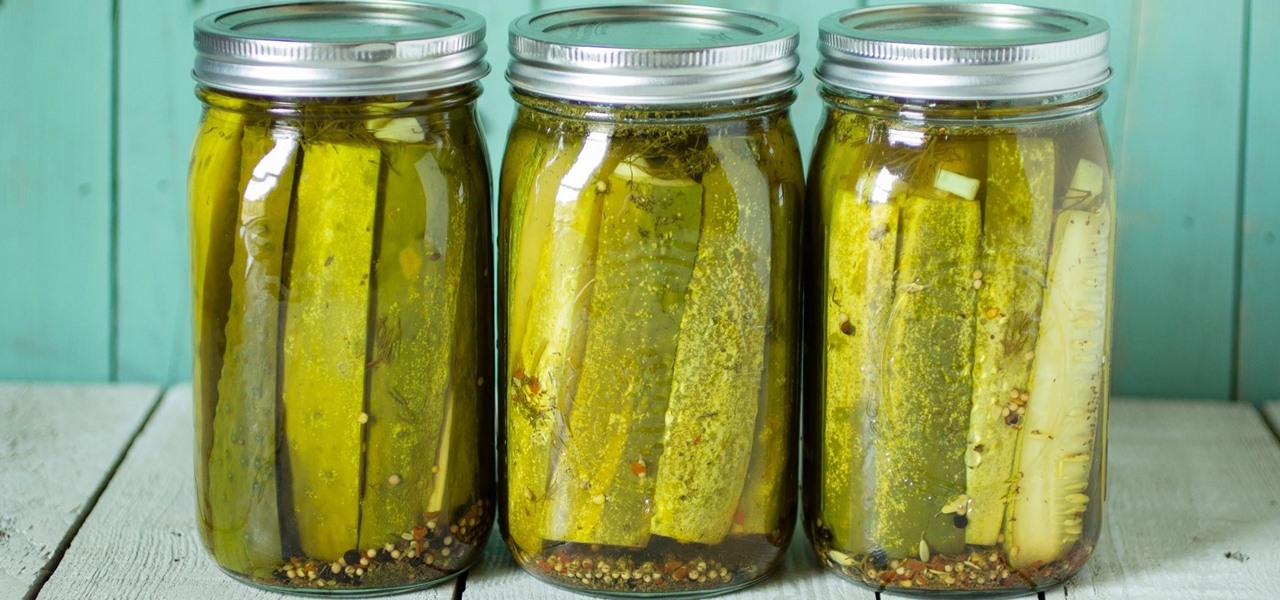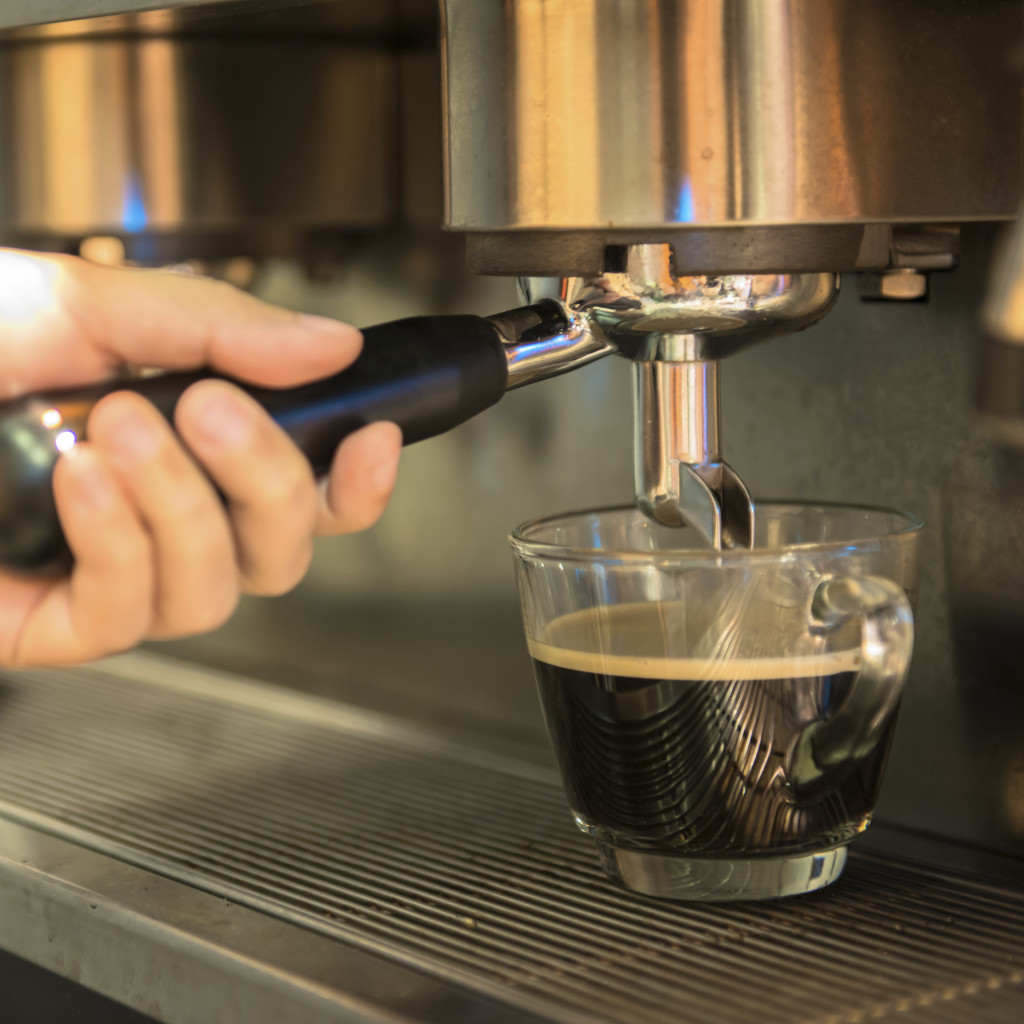Five performance-enhancing products that are fair game in improving race times
Enhance your performance on the roads and the track by using these five legal substances.


Doping has, unfortunately, negatively tainted distance running. The use of illegal performance-enhancing drugs (PEDs) seems to be running rampant at the elite level and may even be making its way to amateur and recreational runners as well. Most of us have the integrity to run, train and race clean because surely it isn’t fair for some to have an unfair and illegal advantage.
RELATED: The shady side of the sports supplements industry
Enter these totally legal, albeit a bit unusual, ergogenic (i.e. performance-enhancing) products that are available to us all. Taking these won’t risk disqualification and yet can help runners of all ages and abilities to run faster. Some we already consume regularly, others we’ve heard about but haven’t tried and a few remain a tad contentious. We break down what they are, if and how they actually work and why you should consider using them before your next race.
Caffeine
For many of us, coffee consumption is already a regular (and essential) part of our lives. So popular is the use of caffeine by the general public that it’s considered the most commonly used drug in the entire world. And for good reason: it works! Known to increase alertness, attention and focus, this mild stimulant has known performance-enhancing effects. Better still, it’s capable of increasing the efficiency of energy oxidation specifically that of fats during prolonged endurance exercise (which comes in handy for longer races like the half and marathon). An additional benefit for runners is that it can hasten the digestive process and “get things moving” on the morning of a run or race.
Beet Juice
Beet juice made waves a few years ago when several studies found it able to significantly improve endurance capabilities. Since then, the research has expanded to all nitrate-rich foods (including rhubarb, arugula, butterleaf lettuce, Swiss chard and spinach) and continues to show performance benefits. In short, beets contain inorganic nitrate which is converted to nitrite and then into nitric oxide. This increases blood flow to the muscles and improves aerobic energy utilization. For most efficient results, consume two to three hours before competition. More is generally considered more effective.
NSAIDs
Nonsteroidal anti-inflammatory drugs such as aspirin, Advil, ibuprofen and naproxen are used commonly by recreational athletes to acutely treat muscle and joint pain. Taking a low dose daily NSAID has also been linked to lower risk of cardiovascular events such as stroke and heart attack. Known side-effects include gastrointestinal issues including ulcers. While short-term use to treat typical running-related aches and pains is generally accepted and safe, chronic and high-dose usage is certainly not recommended.
Salt tablets
A pill or tablet full of concentrated sodium can help to prevent muscles cramps caused by electrolyte depletion. Usually reserved for marathon running or hot races where excessive sweating and fluid loss takes place, these can be purchased at most drug stores and come in a variety of doses.
Pickle Juice
Still on the fringe of acceptable or popular options, pickle juice is very high in sodium as well as other electrolytes and even antioxidants. By nature, it contains mostly water so it’s useful for rehydrating as well. For those who sweat a lot or exercise in hot conditions, pickle juice may be effective for staving off muscle cramps and spasms and avoiding dehydration. Some companies now sell pre-packaged pickle juice but any old jar from your local grocery store will also do (you just have to eat the pickles first!).


